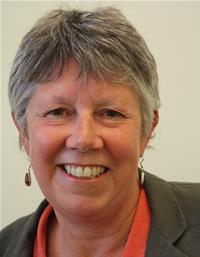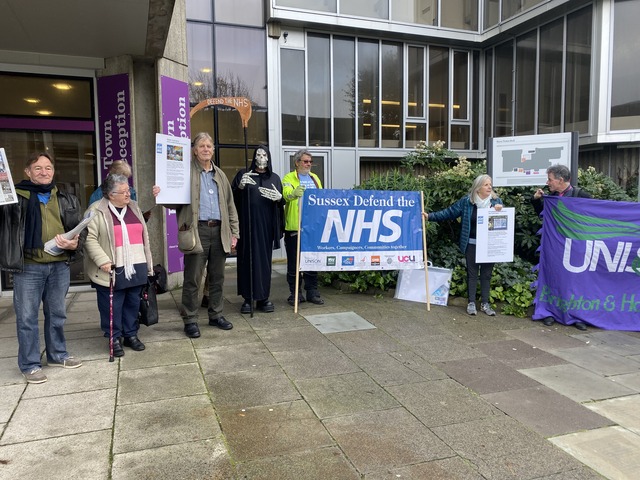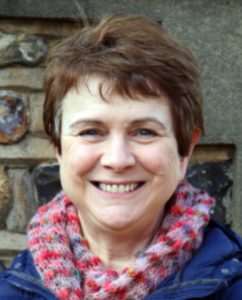Local NHS chiefs are facing a £285 million budget challenge over the next four years if they fail to keep a lid on costs.
The figure represents 8.9 per cent of the spending by health commissioners accross Sussex, according to a new report.
There are also concerns about a potential staff shortfall, equal to 3,920 full-time staff or 11.2 per cent of the NHS workforce.
The details – described as the “do nothing” scenario – were set out in the draft Sussex Health and Care Partnership Strategic Delivery Plan.
It was published in response to the NHS Long-Term Plan which was published at the start of the year.
But the draft response was criticised by members of Brighton and Hove City Council for being rushed and having been prepared with too little consultation.
The criticisms were made at a meeting of the council’s Health and Wellbeing Board at Hove Town Hall today (Tuesday 5 November).
The strategic delivery plan was described as helping to “improve lives, extend lives and save lives”.
Green councillor Sue Shanks said that everything seemed rushed – and she was concerned about the consultation carried out by the Brighton and Hove Clinical Commissioning Group.
CCG managing director Lola Banjoko said that several consultations had taken place in Brighton and Hove, reaching more than 4,000 people.
Councillor Shanks said: “The consultation was not about this plan. It was about health care in Brighton and Hove.
“Four thousand responses to that seems very low in the city.”

She was concerned about cuts and the impact of the general election and Brexit on the plan, adding that Brexit had huge implications for staffing.
Fellow Green councillor Sarah Nield said that there had not been consultation on the plan, which she found long, dense, interesting and detailed, having spent half of the half-term holiday reading it.
She said: “Quite frankly I feel railroaded. There is lots of good stuff in it but there is also lots of concerning stuff.
“It needs a lot more detailed consultation and the public needs to be consulted.”

Councillor Nield also spoke about the deficit facing Sussex CCGs and how innovation looked like being used “to close the gap – which is where a lot of my anxiety about this comes from”.
She said: “We innovate and the big gust comes as we are expected to close the deficit and we used this inappropriately to close the gap in finances rather than to give better services.”
She said that she was worried about using technology and social prescribing but the pressure was on due to cuts.
She also criticised phone and online appointments in some cases, citing her mother, who is in her eighties. She had a physiotherapy appointment by phone, with exercises sent by email which she could not do.
To applause from the public gallery, where campaigners from Sussex Defend the NHS were sitting, she added: “Somewhere a box has been ticked that she has been given cheaper and more efficient physiotherapy.
“But what has happened is an elderly lady has not had physiotherapy.
“It is not in this area but that is a path you can go down.”

She asked for the board to delay submitting the plan to allow for more discussion with the council and other partner organisations – and for the report to go to the full council.
Healthwatch Brighton and Hove chief executive David Liley said that his organisation was there to make sure that people were engaged and that someone was listening to them.
He said: “The engagement so far has not been around this plan. The engagement done so far has been around the national NHS Long-Term Plan.
“Has it been wide enough? Has it included enough people? Have all voices in Brighton and Hove been heard? I would say no to all these things.”
Mr Liley said that Healthwatch had spoken with various communities and had consultation on its website but was disappointed by the number of people who contributed.
He put this down to the focus on the NHS Long-Term Plan, which he described as a “long and complicated document” which did not hold “a lot of direct meaning”.
He said that people in Brighton and Hove should be listened to between now and March when the final version of the Sussex plan is due to be submitted to NHS England.

Mr Liley, who has worked in the NHS and social care for 40 years, said that using the council’s website to carry out a public consultation would be sensible.
He said: “It is terribly important that local people feel their views are being heard and addressed.
“All of us want to see a strong NHS. All of us love the NHS because it loves us.”
Dr Banjoko said that consultations had been carried out through an exercise known as the Big Conversation, with organisations such as Age UK and the MS Society also giving feedback.
She said that the CCG had also worked with young people on mental health, started an Ageing Well campaign and worked with Albion in the Community on improving its screening waits.

Dr Banjoko said: “It’s how we respond to the changing health and care needs of the local populations.
“In Brighton and Hove specifically it acknowledges the dynamic of the population – young, mobile, diverse and higher BAME than in other parts of Sussex.
“The LGBTQ community, the homeless community – that is what the long-term plan responds to by working with the community and voluntary sector and Healthwatch.”
The plan makes reference to enabling people to “start well, live well, age well and die well”.
The “start well” goals include more support for young people with autism, more support for children’s emotional health and wellbeing and giving pregnant women a designated clinician to provide continuing care.
The “live well” goals include support to help people stop smoking, faster access to physiotherapy, reduced waiting times at accident and emergency (A&E) departments, increased mental health support for university students and faster cancer diagnosis.
The “age well” goals include faster access to community rehabilitation, support for unpaid carers, more social prescribing and new dementia support services.
The “die well” goals include support for more people to die at home should they wish to do so as well as more planning for end-of-life care.

Dr Banjoko told the board that digital consultations could be carried out as part the effort to reduce waiting times.
Labour councillor Clare Moonan, who chairs the Health and Wellbeing Board, said: “The success and the failure of this plan is predicated on an adequately funded NHS and social care system.
“Without appropriate funding, it won’t succeed. That is not in the gift of any of us around this table.”
A progress report is expected to be presented to the board in January.
The draft plan is expected to go before the full council on Thursday 19 December.








